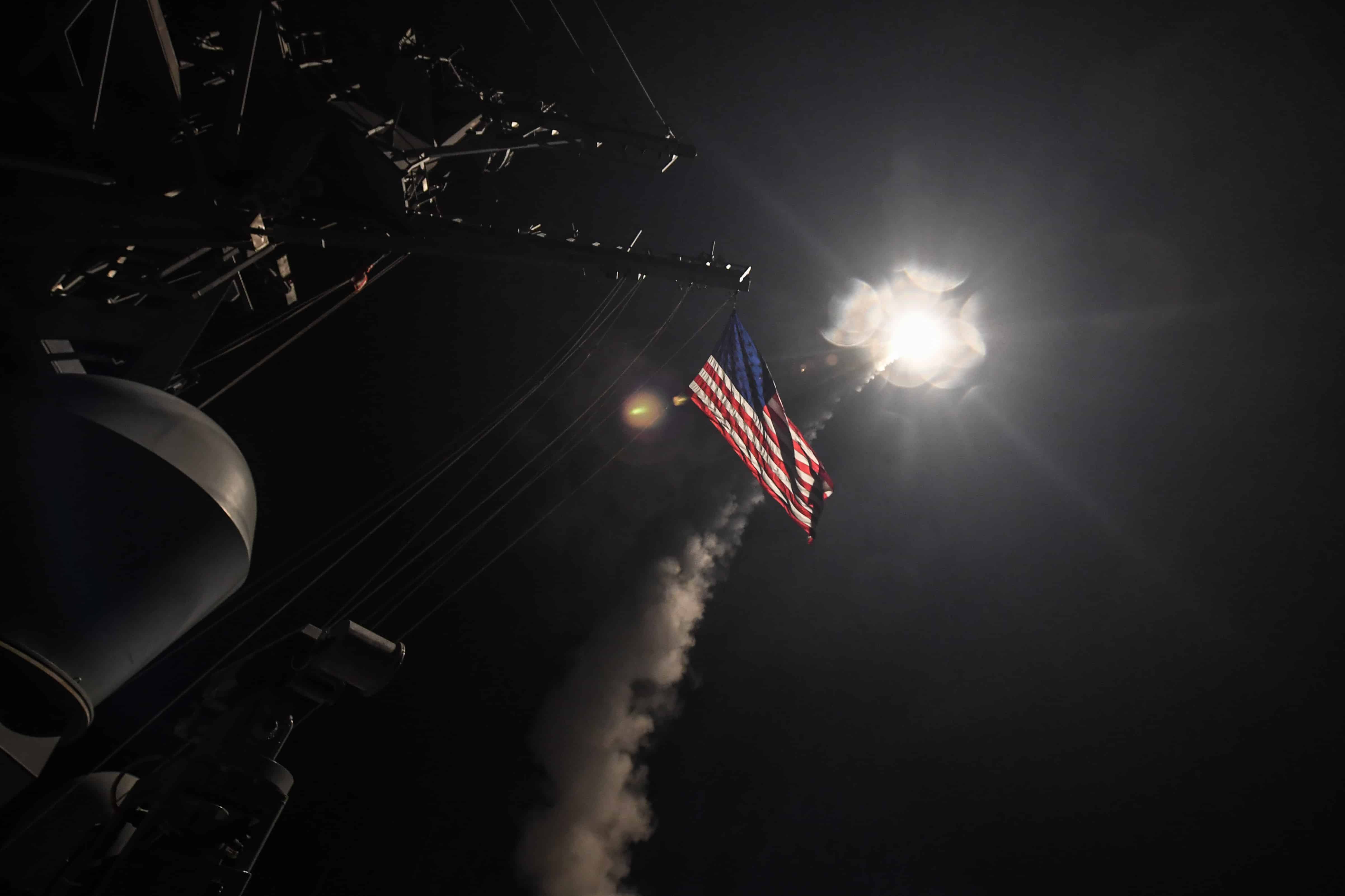Warning: this article contains images that readers may find distressing
He’s not wrong. I sometimes wonder if I’ll ever reach a point where I’ve seen one too many videos or images for them to hurt me, where I’ll stop feeling an urge to vomit or cringe or cry or scream. Maybe. Not this time.
Yet I only worry about growing numb because I’ve been here before. We’ve been here before. Not just in an abstract sense of 24 hour cable news cycle bombarding us with scenes of human horror. When I say that we’ve been here before, what I mean is this particular here. We’ve already had the images of dying Syrian children that we thought we’d never forget. Remember the boy on the beach? Or the child covered in rubble and blood?
This boy Pulled from under the rubble (hush-hush; after a Russian airstrike) on Qaterji district in Aleppo todaypic.twitter.com/cl6DOoNQ6J
— Mannfred Nyttingnes (@MannfredNikolai) August 17, 2016
What U.S. citizens are not going to be able to get away from is how we’ll be spending the next few days, or weeks or months — for however long this news cycle lasts, we’ll be clicking through thesaurus.com to find new words to express our unrelieved sense that this attack was Bad. Very Bad.
And all the while we do not admit refugees. It’s bad. Intolerably bad. Horrifically bad. Etc. But not so bad that we’ll admit refugees, whether that’s because of a still-unproven threat, or whether it’s an expense, or whether that act of mercy might mean change, as it has for some German villages accepting massive numbers of refugees. We’re outraged, horrified, disgusted. Just not enough to confront our fears and absorb the costs that come from welcoming the stranger. That hits us where we live. That forces us to change.
It costs too much, materially and interiorly. So instead, we fire 59 Tomahawk missiles at $1.41 million a pop at the problem and hope that a few extra zeros in a defense budget most of us will never see will quiet our conscience for the next time we see a picture of Syrian parents keening over their child. Not offering safe harbor so they don’t have to die in the first place.
This image of the body of a Syrian boy drowned today on a Turkish beach is emblematic of the world’s failure in Syria pic.twitter.com/IYiIPgvieG
— Liz Sly (@LizSly) September 2, 2015
So, no, it’s not really a moral thing.
But if it’s not a moral thing, it’s not merely a policy thing either. The Pentagon called this a “proportional response to Assad’s heinous act.”1 Even the Pentagon is hitting the thesaurus for the right word for Bad. If this was just realpolitik, we wouldn’t bother with moralizing pretense. But we do. The President’s language, the Pentagon’s, and so many others all scream that they’re trying to find some moral footing in this. If it were just a question of “national security interest,” we wouldn’t need the picture, or the language about “beautiful babies.”
So it’s not really a policy thing either. We don’t know what we want this thing to be. And that’s where we find ourselves: we don’t want to open a nation’s doors to shelter the same people we’ve seen dying and dead in videos and pictures for the last day. We decided that that cost, in dollars or fear, is too high. But our conscience won’t leave us alone either, and I doubt that 80 million dollars worth of missiles dumped on some airstrip will silence our guilt any time soon. It won’t for me.
Maybe the problem isn’t that we don’t know what we want the attacks to be. Maybe the question we need to ask is whether we know what we want to be. And as Passion Sunday approaches in a few short days, the question of who we are, who we care about, and what we’re willing to give could hardly be more urgent.


